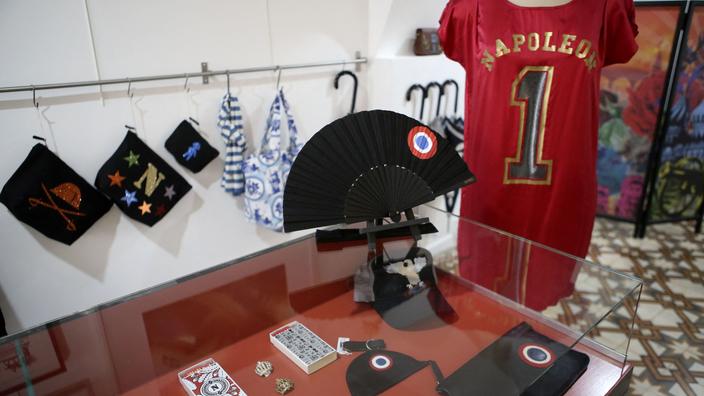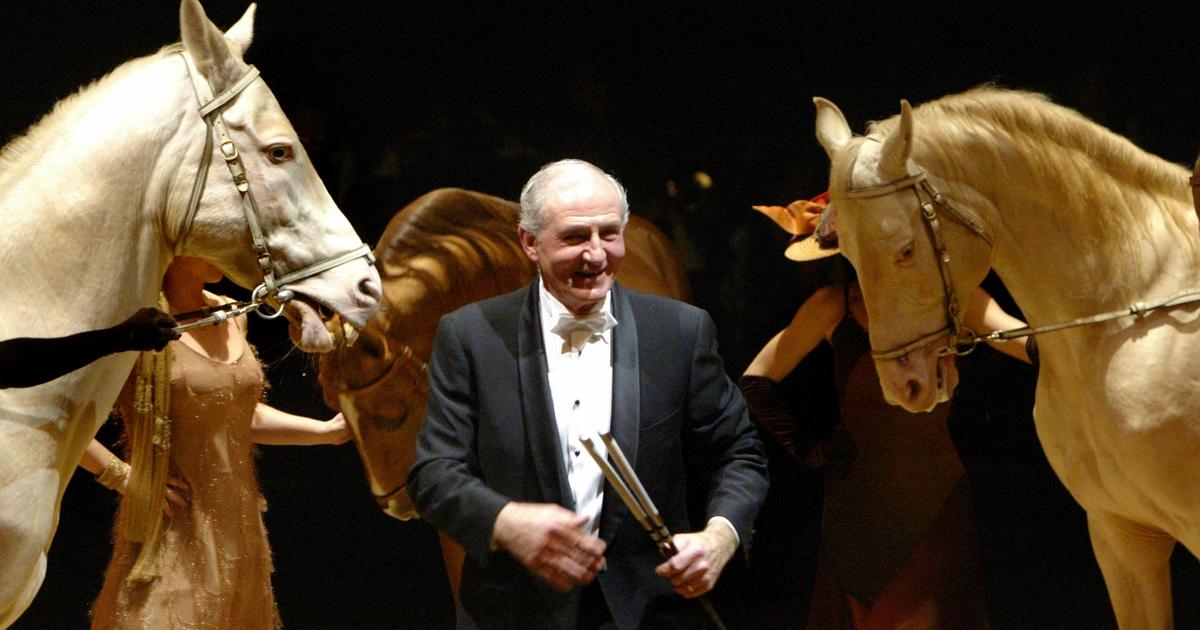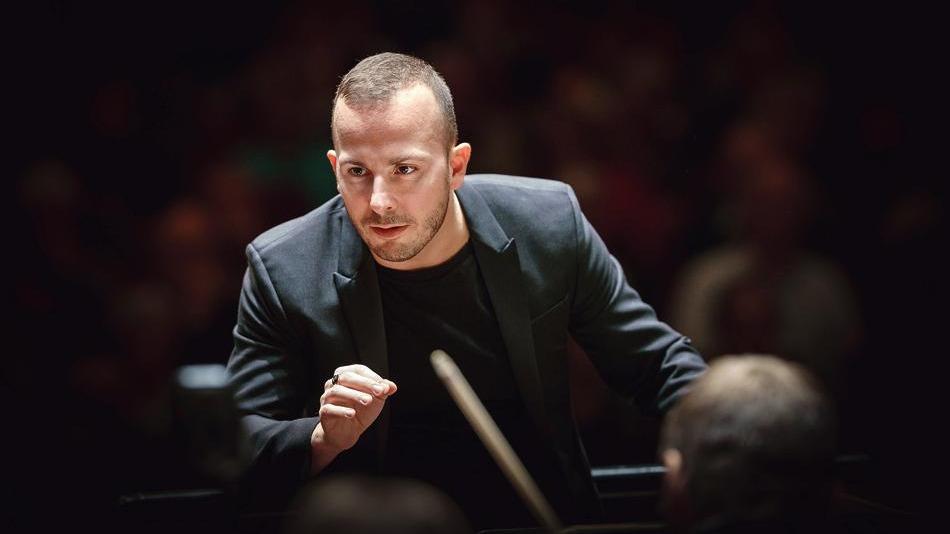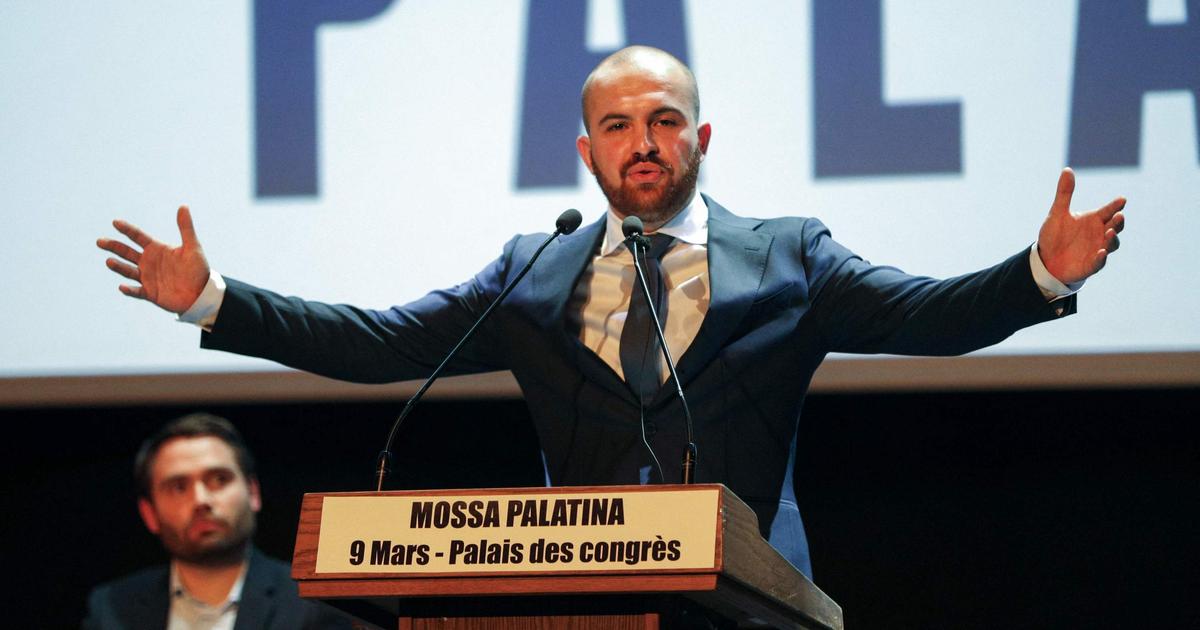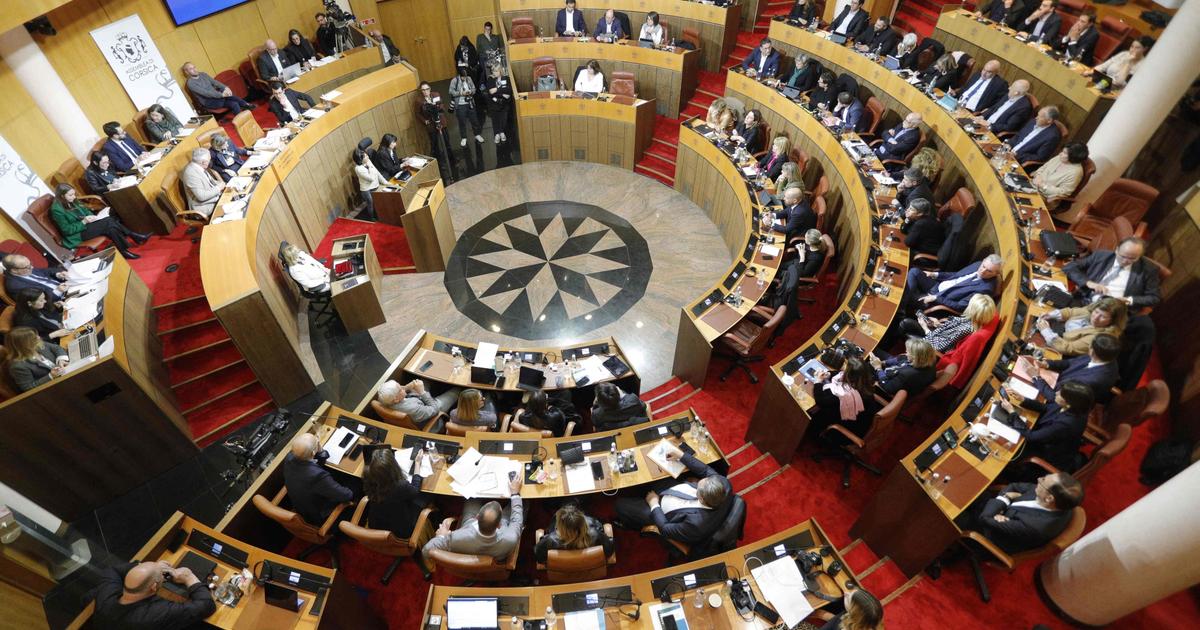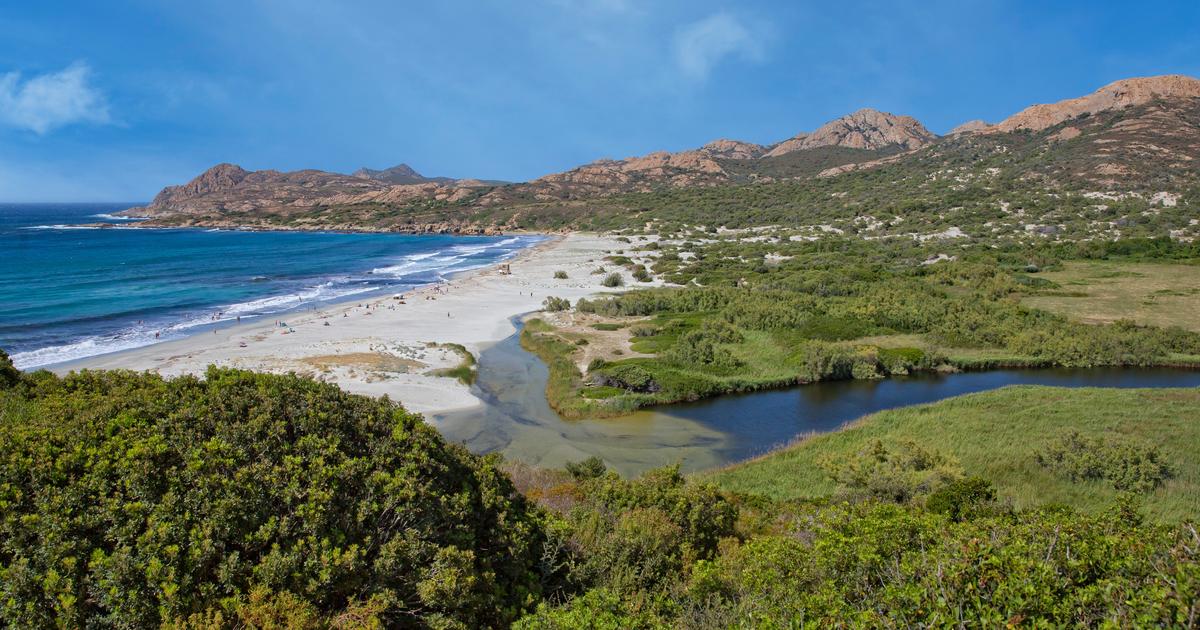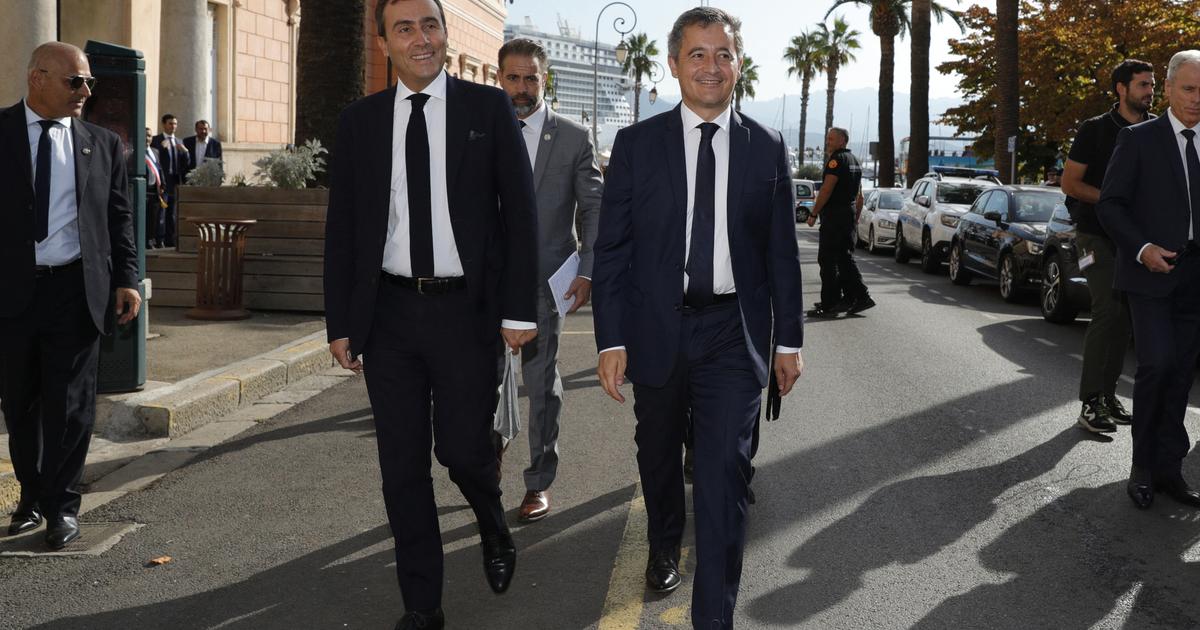In statues, street-art or even in gourmet bread, Napoleon is omnipresent in Ajaccio, his birthplace, where the bicentenary of his death should make it possible to rediscover the influence of Corsica on a character both beloved and controversial.
Read the file:
Figaro Hors-Série
: Bicentenary of Napoleon, the epic, the myth, the trial
In Ajaccio, where Napoleon Bonaparte was born on August 15, 1769, his memory is remembered upon arrival at the airport, to which his name was given in 2011 and where his bronze bust stands. On reaching the city, motorists pass a street-art Napoleon, with cocked hat and military medals, before arriving at Cours Napoleon, a central artery lined with homonymous cafes and hotels. Towards the station, a trompe-l'oeil Napoleon scans the gulf from a false window on the top floor of a hotel. Further on, at the Casone, an esplanade for festivities and the reconstruction of Napoleonic battles, it overlooks the city, like a lookout. "
Ajaccio is the memory of Napoleon with houses around
" summed up the poet Emile Bergerat already in the 19th century.
In the old town, a turmeric and saffron bread awarded by the Gault et Millau guide has been baptized “
Napoleon bread
”.
And at the Empires store, the Napoleonic symbols - bee, bicorn, laurel, eagle, crown - are revisited on clothing or accessories.
Napoleon again and again.
To read also: Bicentenary of Napoleon: June 11, 1793, the Corsican dream
However,
"we do not have the most grandiose episodes of Napoleon in Ajaccio,
the battles
,
the coronation
, the splendor of the imperial court"
, explains to AFP Jean-Marc Olivesi, curator of the only national museum of Corsica, the Bonaparte house in Ajaccio, where the emperor grew up, son of lawyer Charles Bonaparte and Maria Letizia Ramolino.
"Intellectual construction"
"
On the other hand, the intellectual construction of this young man was partly made in Ajaccio
", he notes, in an island crossed by political struggles.
Napoleon is a character "
consubstantial
" to the city, for Laurent Marcangeli, mayor (DVD) of Ajaccio, supported by the Bonapartist Central Committee (CCB), a political party created in 1908. At the same time one of the favorite characters of the French, creator of the civil code, the baccalaureate or the Legion of Honor, Napoleon is also one of the most controversial for his action in power between 1799 and 1815, with in particular the reestablishment in 1802 of slavery but also many wars.
"
The controversies around Napoleon displease me because, whether we like it or not, it was France which wins, which advances technologically and in terms of the law, which is conqueror in a century of twists and turns, a story of personal success, an unprecedented social lift
, ”insists Laurent Marcangeli to AFP.
Read also: Napoleon, builder of his legend on France 5
Regretting the “
French disease of autoflagellation
”, he calls for “
scientific and general public work
” to better understand “
this extraordinary character
” rather than giving in to “
systematic moral judgment a posteriori
”.
"
Napoleon was reflecting on very modern questions such as the status of the Jews, the place of culture, soft power
", notes Jean-Marc Olivesi, assuring that, "
for many American or Chinese business leaders, Napoleon is a lesson in courage
”.
Read also: Napoleon, the most famous Corsican in the world
For Jean-Guy Talamoni, President of the Corsican Assembly, supporter of independence for the island, but also a researcher, “a
lot of things remain to be explored, in particular Napoleon's relationship with Corsica and what his political action should to its formation
”in the island. Theses on the subject are in progress at the University of Corsica. "
Napoleon was not very interested in Corsica but what he did not do during his lifetime, he can perhaps do today by making it possible to shed light on what was
" the Isle of Beauty, he told AFP, notably with its Constitution adopted in 1755 and considered by some - including the British author Dorothy Carrington - as the first democratic constitution in modern history.
"
Our heritage
"
For Mr. Talamoni, Napoleon must make it possible to discover the history of another Corsica, of which he is much more keen: Pascal Paoli, politician, philosopher, general (1725-1807) and figure of island nationalism and the years of independence of the island, between the departure of the Genoese in 1755 and the attachment to France in 1768. “
In the 18th century, Paoli and Napoleon threw us into the limelight of European history
”, recalls Jean- Paul Olivesi.
“
We Corsicans don't have to choose between Paoli and Napoleon, we have them in our DNA, our heritage, and one cannot be explained without the other.
We have to look at this heritage and try to make it into something dynamic,
”he recommends.
To read also: Bicentenary of Napoleon: June 11, 1793, the Corsican dream
An observation shared by the cinema producer Paul-Dominique Vacharasinthu, born in Ajaccio.
Co-producer of
Papicha
and
Annette
, Leos Carax's film with Marion Cotillard and Adam Driver which will open at the Cannes Film Festival in July, he has been working for a year on the development of a television series on Napoleon with the ambition to create "
A work of international impact
", probably shot in English and Corsican, partly on the island, he told AFP.

